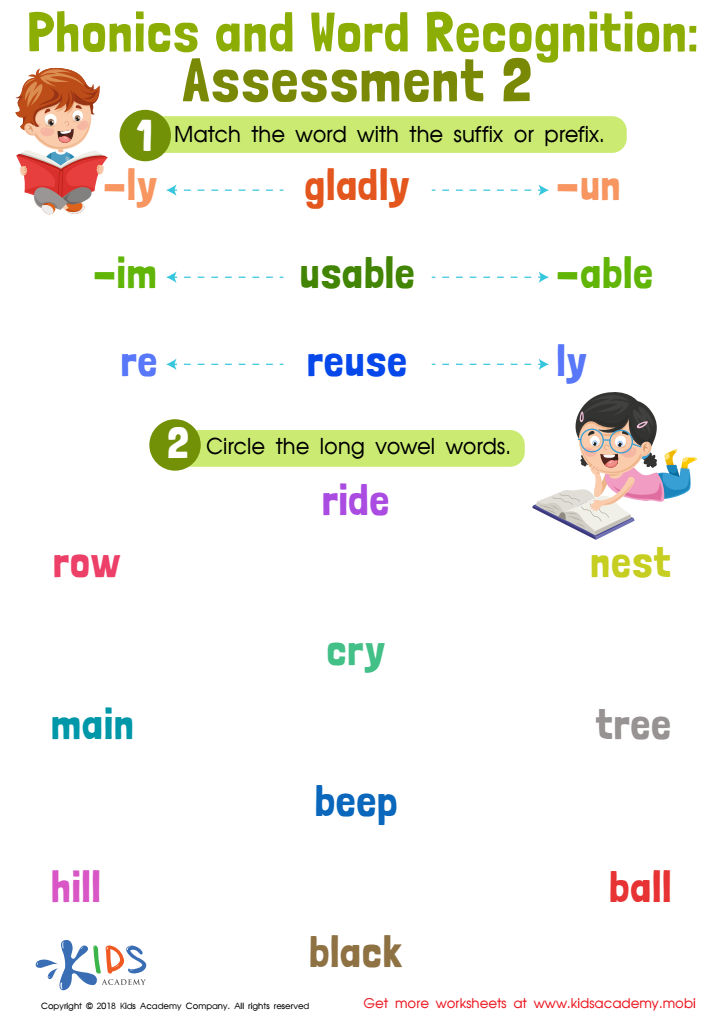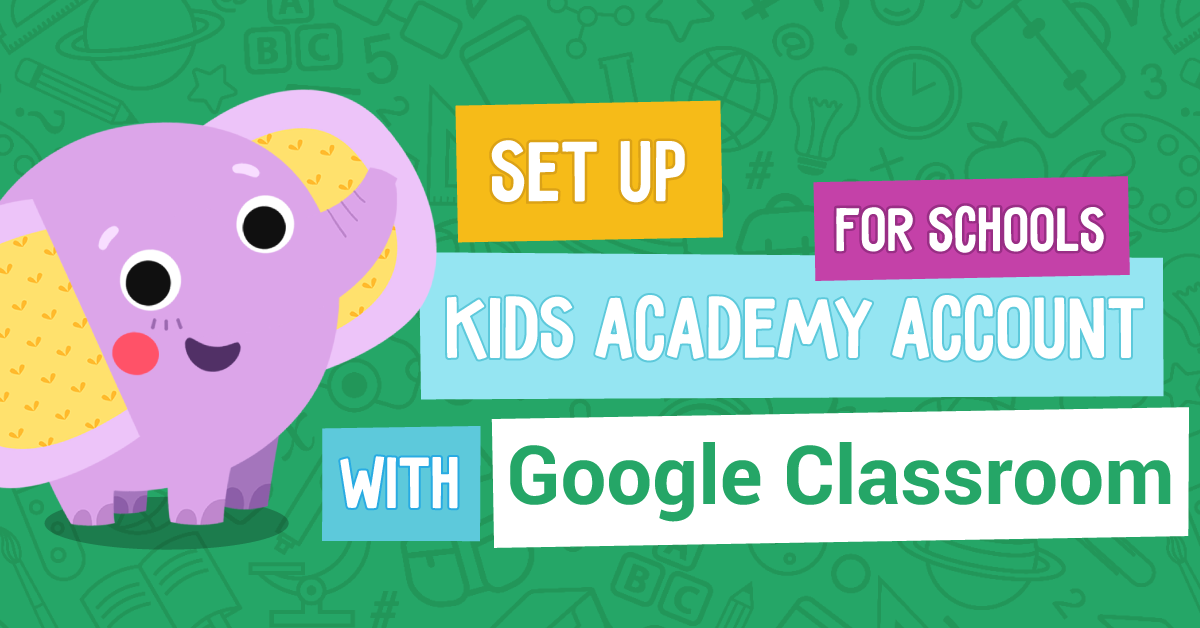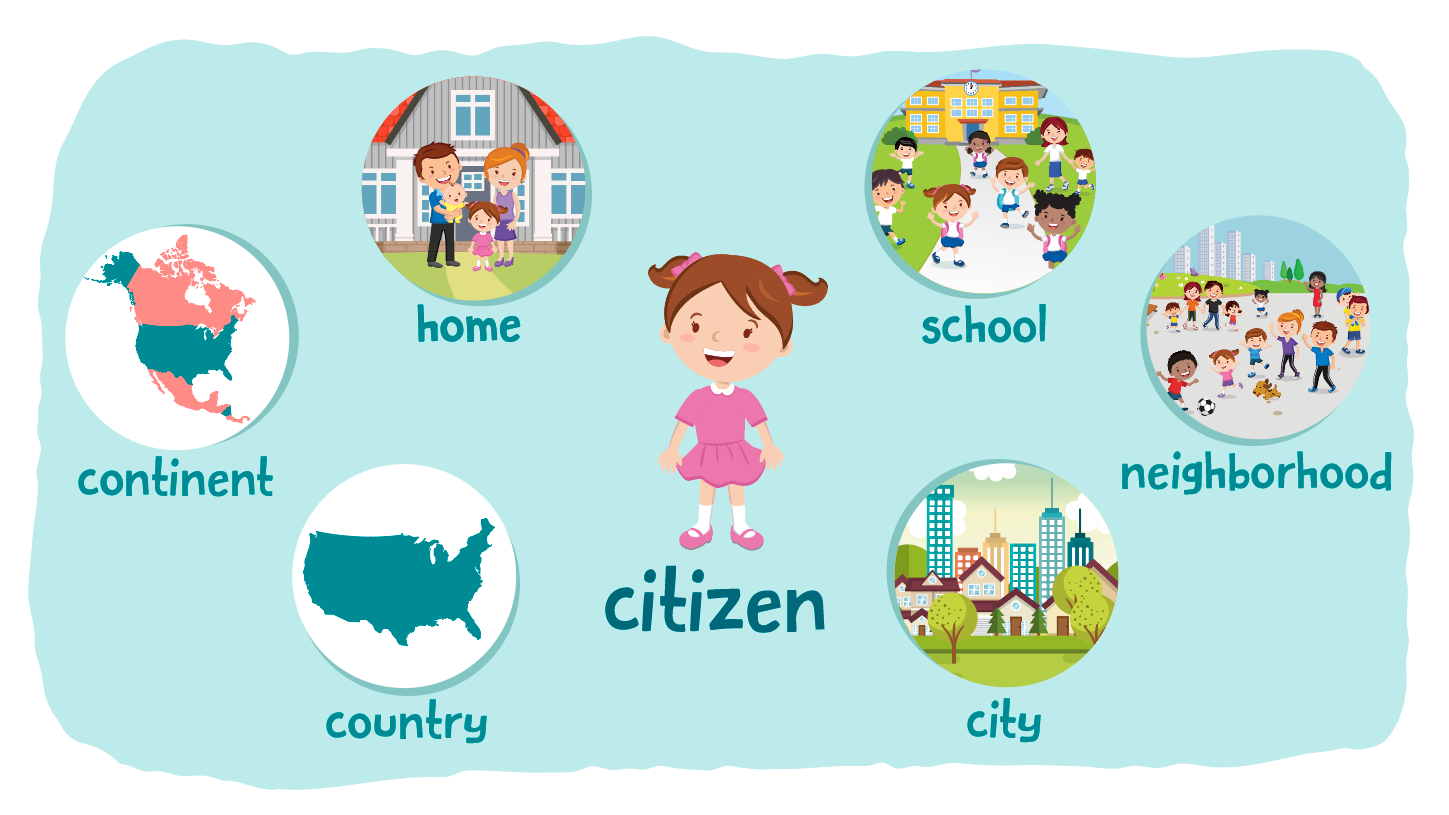Phonics worksheets activities for Ages 7-8
7 filtered results
-
From - To


Phonics and Word Recognition: Assessment 3 Worksheet


Phonics and Word Recognition: Assessment 2 Worksheet


Phonics and Word Recognition: Assessment 1 Worksheet


Phonics and Word Recognition: Assessment 2


Phonics and Word Recognition: Assessment 1 Worksheet


Long and Short Vowel Sentences: Assessment Worksheet


Let's Check Long Vowels: Assessment Worksheet
Phonics worksheets activities are an essential tool in the foundational stage of reading and writing development. These engaging and interactive exercises not only enhance a child's ability to recognize and pronounce letters and sounds but also significantly contribute to their overall literacy skills. Phonics worksheets activities are particularly useful for several reasons.
Firstly, phonics worksheets are designed to systematically teach children the relationship between letters and sounds, which is critical for decoding words. This understanding is crucial for budding readers as it helps them to sound out words independently, building their confidence and enthusiasm for reading. Through repetitive and varied phonics worksheets activities, children can reinforce this knowledge, leading to better reading fluency.
Additionally, phonics worksheets activities cater to different learning styles. Whether a child learns better through visual aids, auditory cues, or hands-on activities, phonics worksheets can be tailored to meet their individual needs. This personalized approach ensures that all children have the opportunity to grasp phonics concepts effectively, regardless of their preferred learning method.
Furthermore, phonics worksheets activities often incorporate fun and creative elements that make learning exciting. By engaging in activities such as coloring letters, matching sounds to pictures, or completing word puzzles, children are more likely to stay motivated and retain the information they learn. This element of fun also encourages repeated practice, which is key to mastering phonics skills.
Lastly, phonics worksheets provide an easy way for parents and educators to track a child's progress. By observing how children interact with the worksheets and reviewing their completed activities, adults can identify areas of strength and areas that may require additional support. This ongoing assessment is vital for ensuring that children receive the help they need to develop strong reading and writing abilities.
In summary, phonics worksheets activities play a pivotal role in early literacy development. Their systematic approach to teaching letter-sound relationships, adaptability to different learning styles, incorporation of fun learning activities, and ability to facilitate progress tracking make them an invaluable resource in any educational setting.

 Assign to the classroom
Assign to the classroom

.jpg)










